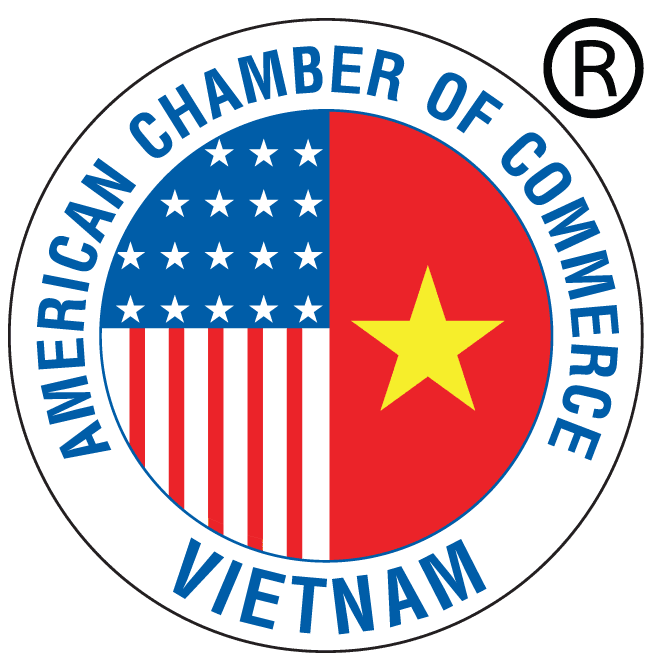
Executive Summary.
The Independent Review Panel was constituted to review the work of the Department of Institutional Integrity (INT) and to place that work in the context of the World Bank Group’s Governance and Anticorruption (GAC) strategy.
The Panel recognizes and emphasizes the critically important contribution that a coherent and forceful attack on corruption can and should make to the Bank-wide goal of facilitating economic development and reducing poverty. INT must play a central part in that effort. It cannot do so effectively in isolation. What is necessary is a fully coordinated approach across the entire World Bank Group, ending past ambivalence about the importance of combating corruption. That will require strong Bank leadership, not simply by the President and the Executive Directors but by those directly responsible for operations and for supporting staff. The GAC strategy calls for a wide-ranging two-pronged program. Building capacity among member states for combating corruption must be accompanied by measures to protect and enhance the integrity of the Bank’s own operations. Those goals should be, and can be, mutually reinforcing.
Within that context, INT has the clear and critical responsibility to investigate fraud and corruption in Bank programs. Its mandate extends to education and training to identify risks and risk prevention measures. Closer and more trusting relationships with Operations staff can encourage detection of corruption in projects. INT findings in particular cases should provide “lessons learned,” with implications for building anticorruption protection in Bank projects.
INT has achieved some notable success in its relatively brief life. It is staffed by dedicated and competent personnel. It uses innovative strategies to aid investigations in often demanding working environments. Nonetheless, serious operational issues and severe strains in relations with some Operations units have arisen, at times contributing to counterproductive relations between the Bank and borrowers and funding partners. It is these matters that the Panel has addressed in its specific recommendations as summarized below (and listed in Appendix B):
INT’s Organizational Relationships. The head of INT should have the rank of Vice President, and the line of direct responsibility to the President should be maintained. The current role as Counselor to the President should be dropped in the interest of clarifying the purpose and independence of the INT function. The Audit Committee of the Board of Executive Directors, as part of its responsibility for overseeing INT, should help assure that INT’s potential contribution to the implementation of the GAC strategy is realized. A small external Advisory Oversight Board should be established to protect the independence and strengthen the accountability of INT. Properly constituted with widely respected individuals with strong professional credentials drawn from outside the Bank, this Advisory Oversight Board would provide a fresh perspective free of institutional conflicts when troublesome issues arise.
INT’s Preventive Role. INT should develop an internal consulting unit, drawing on staff with operational as well as investigative experience. The purpose would be to work collaboratively with Operations units in developing protections against corruption, assisting with education and training, and advising about appropriate responses to allegations of corruption that INT does not investigate. The lead responsibility for the critical task of preventing corruption in the Bank’s operations should be created elsewhere in the Bank’s organization.
Remedial Action. To ensure that the Bank responds promptly and effectively to INT’s findings of corruption in Bank projects, the relevant Managing Director should be made accountable for ensuring that a comprehensive action plan is developed and implemented. The full range of appropriate responses—disclosures, required remedial responses, and “lessons learned”—should be addressed for the President’s approval.
Disclosure Policies. While recognizing the need for confidentiality of certain matters— most importantly witness protection—the Bank and INT should modify disclosure practices to assure that funding partners as well as relevant Operations staff are informed of the initiation and status of an investigation if immediate action to protect funds is needed, to permit Operations staff to review draft investigation reports for factual accuracy, and more generally to give effect to the presumption of transparency through disclosure of investigative procedures and final INT reports.
INT’s Investigation of Bank Staff. The Bank should reassign outside INT the investigation of staff misconduct not involving allegations of significant fraud or corruption. The Bank should clarify and strengthen the rights of Bank staff in connection with all internal investigations, while taking steps to monitor and reduce the time taken to complete staff misconduct investigations.
INT’s Staffing, Management, and Evaluation*. INT should ensure more diversity in its staff, consistent with the need to recruit investigators of the highest technical competence. INT should be subject to regular internal audit and further measures to evaluate its performance.
Finally, the World Bank Group, and INT within it, should work with other multilateral institutions in developing, defining, and following “best practices” in protecting institutional integrity and investigating corruption. The Bank should be at the frontier of best international practice in tackling corruption. These recommendations are designed to ensure that the Bank as a whole, and INT in particular, can play that part with conviction and effectiveness.
Please click this link to
download the Executive Summary (72K, pdf file);
download the Full Report (1,058K, pdf file).
Note: download time will vary, depending on the speed of your internet connection.
